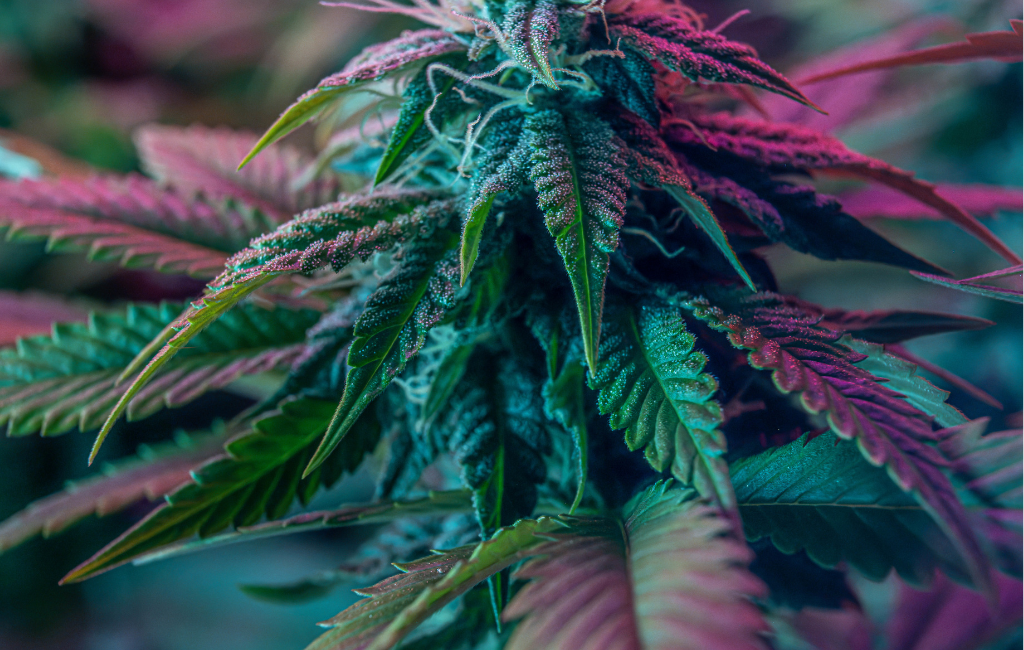Approach Wellness THCa Flower Holistic

-
Table of Contents
- THCa Flower: A Holistic Approach to Wellness
- Understanding THCa Flower
- What is THCa?
- Potential Health Benefits
- How to Use THCa Flower
- Raw Consumption
- Juicing
- Tinctures and Oils
- Scientific Research and Case Studies
- Anti-inflammatory Effects
- Neuroprotective Properties
- Case Study: Chemotherapy-Induced Nausea
- Legal Considerations
- Conclusion
Approach Wellness THCa Flower Holistic
In recent years, the interest in natural and holistic wellness solutions has surged. Among the various options available, THCa flower has emerged as a promising candidate. This article explores the benefits, uses, and scientific backing of THCa flower, providing a comprehensive understanding of its role in promoting wellness.
Understanding THCa Flower
THCa, or tetrahydrocannabinolic acid, is a non-psychoactive cannabinoid found in raw cannabis plants. Unlike THC, THCa does not produce a “high” when consumed. Instead, it offers a range of potential health benefits that are gaining attention in the wellness community.
What is THCa?
THCa is the acidic precursor to THC. When cannabis is heated through smoking, vaping, or cooking, THCa converts to THC, the compound responsible for the psychoactive effects. Consuming raw or minimally processed cannabis preserves THCa, allowing users to experience its benefits without the psychoactive effects.
Potential Health Benefits
Research into THCa is still in its early stages, but preliminary studies and anecdotal evidence suggest several potential health benefits:
- Anti-inflammatory properties: THCa may help reduce inflammation, making it a potential option for those with conditions like arthritis or inflammatory bowel disease.
- Neuroprotective effects: Some studies indicate that THCa may protect brain cells, which could be beneficial for neurodegenerative diseases such as Alzheimer’s and Parkinson’s.
- Anti-emetic properties: THCa has shown promise in reducing nausea and vomiting, which can be particularly helpful for chemotherapy patients.
- Antioxidant properties: The compound may help combat oxidative stress, contributing to overall cellular health.
How to Use THCa Flower
There are several ways to incorporate THCa flower into a wellness routine. Here are some popular methods:
Raw Consumption
One of the simplest ways to consume THCa is by eating raw cannabis leaves or flowers. This can be done by adding them to smoothies, salads, or other dishes. This method preserves the THCa content and allows users to benefit from its properties without any psychoactive effects.
Juicing
Juicing raw cannabis is another effective way to consume THCa. This method involves blending fresh cannabis leaves and flowers with other fruits and vegetables to create a nutrient-rich beverage. Juicing not only preserves THCa but also provides a range of vitamins and minerals.
Tinctures and Oils
THCa tinctures and oils are available for those who prefer a more concentrated form. These products can be taken sublingually (under the tongue) or added to food and beverages. Tinctures and oils offer a convenient and precise way to consume THCa.
Scientific Research and Case Studies
While research on THCa is still emerging, several studies and case reports highlight its potential benefits:
Anti-inflammatory Effects
A study published in the journal Pharmacology & Pharmacy found that THCa exhibited significant anti-inflammatory effects in animal models. The researchers concluded that THCa could be a promising therapeutic agent for inflammatory conditions.
Neuroprotective Properties
Research published in the journal Neurotherapeutics suggested that THCa might have neuroprotective properties. The study found that THCa reduced neurotoxicity in cell cultures, indicating its potential for treating neurodegenerative diseases.
Case Study: Chemotherapy-Induced Nausea
A case report published in the journal Frontiers in Oncology detailed the experience of a chemotherapy patient who used THCa to manage nausea and vomiting. The patient reported significant relief, highlighting the potential of THCa as an anti-emetic agent.
Legal Considerations
The legal status of THCa varies by region. In some areas, THCa is considered a legal compound as long as it is not converted to THC. However, regulations can be complex and may change over time. It is advisable to research local laws and consult with legal experts if necessary.
Conclusion
THCa flower offers a promising approach to holistic wellness. With its potential anti-inflammatory, neuroprotective, anti-emetic, and antioxidant properties, THCa is gaining recognition as a valuable addition to natural health practices. As research continues to unfold, the full extent of THCa’s benefits will become clearer, paving the way for its broader acceptance and use in promoting overall well-being.